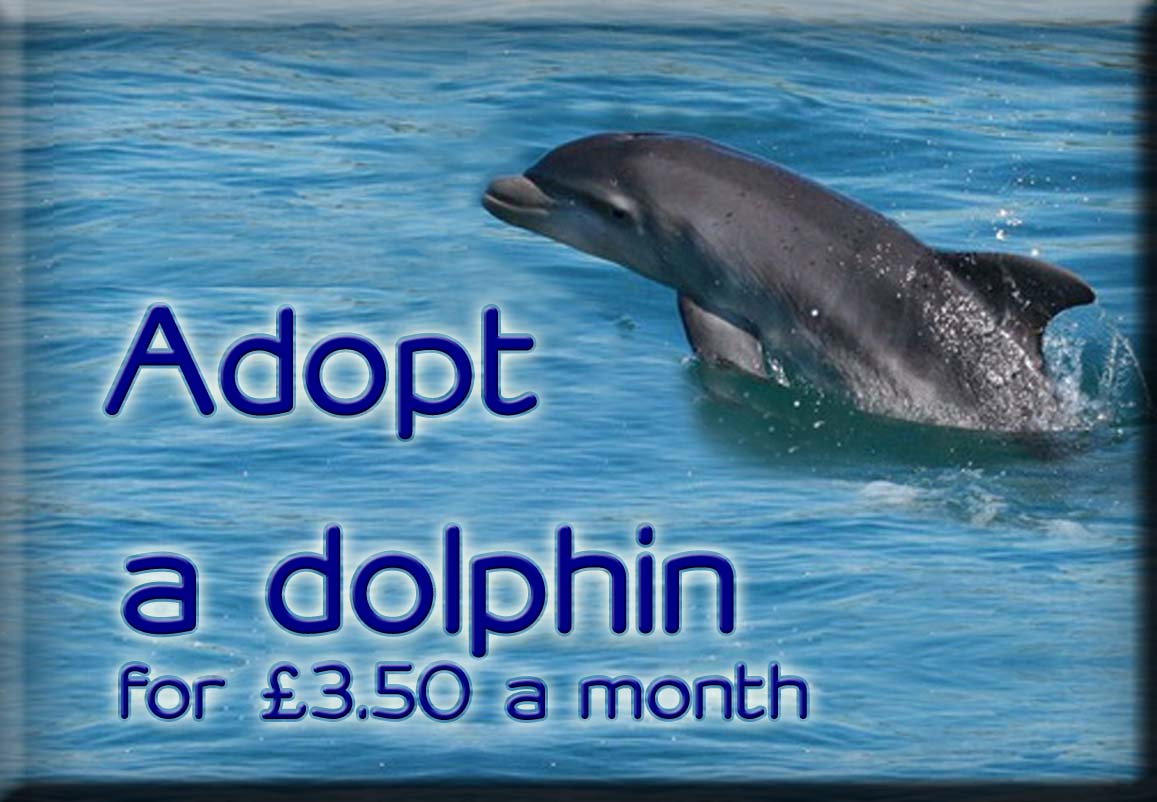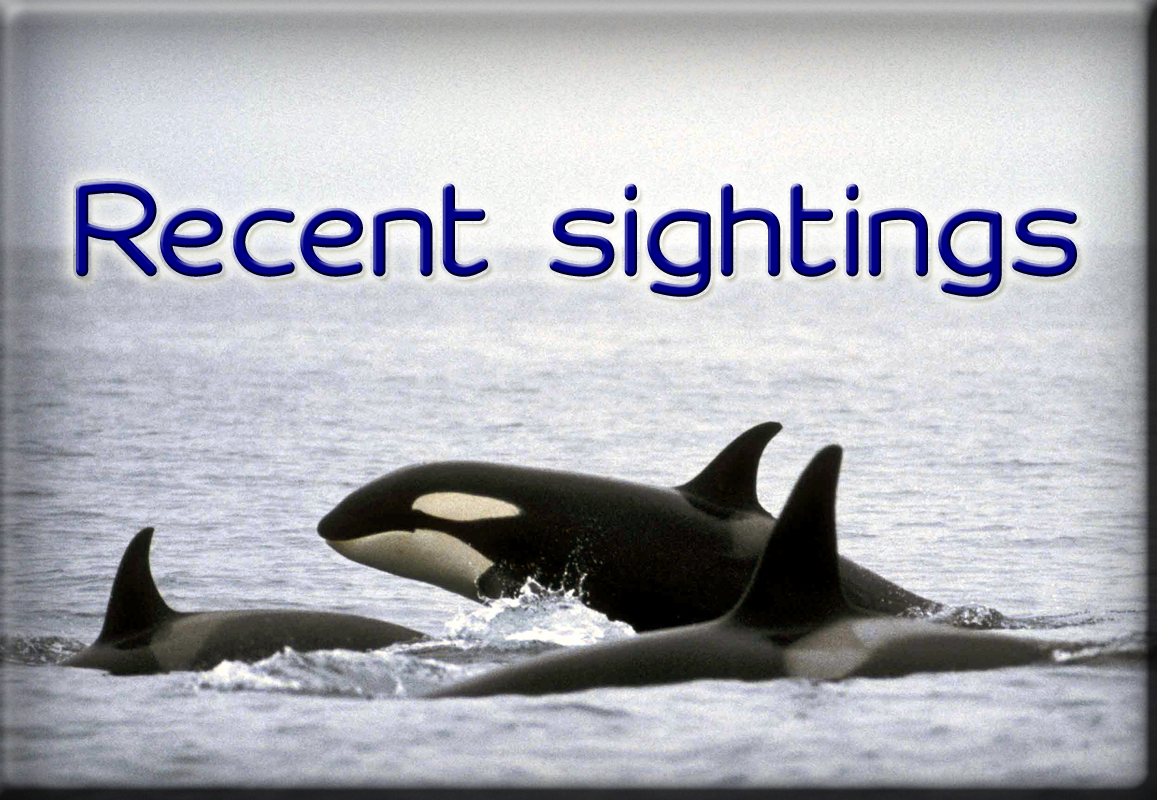Every year, scientists at the Sea Watch Foundation lead a campaign to get members of the general public contributing to science to protect whales, dolphins and porpoises and they’re calling on you to get involved with the National Whale and Dolphin Watch between 27th July and 4th August 2019!
For over forty years, Sea Watch Foundation scientists as well as volunteer observers all around the coast have been reporting on whales, dolphins and porpoises (cetaceans) to inform Sea Watch’s huge database of records. In fact, the scheme is one of the oldest and longest running citizen science schemes in the world. Now it’s your turn to take part in their flagship summer event, the ‘National Whale and Dolphin Watch’ which is now in its 18th year.
“It’s all about reporting your whale, dolphin and porpoise sightings as well as getting out there to look for them” begins Dr Chiara Giulia Bertulli, Sightings Officer for the research charity.
“Without reports from the public on these magnificent animals we cannot compile data which is used for their protection” continues Chiara.
Cetaceans can be found all around the coast of the UK and recently there have been many species spotted, including bottlenose dolphins which are sighted almost daily in New Quay at the west coast of Wales and off Chanonry Point in the Moray Firth or even in Aberdeen harbour; they can also be sighted in Liverpool Bay, around the Isle of Man, off the coast of Cornwall and in the Channel Islands to name just a few other places. Harbour porpoises are the commonest and most widespread species in Britain. They can be spotted almost anywhere. White-beaked dolphins are sighted not just off the coast of Northumbria but also all along the east coast of Scotland and in the northern Hebrides, and in Lyme Bay in Southern England. And there is no reason to travel as far as Norway or Iceland to see orcas, minkes or humpback whales as all three occur in the spring and summer months around Scotland, Orkney and Shetland.
The charity encourages wildlife-lovers to head to the coast to collect watch data of their own or to join a wildlife tour and collect data at sea. No experience is necessary and the team at Sea Watch will be happy to set you off on the right foot.
“We need as many eyes on the sea as possible. That means we’re looking for people all around the UK coast to arrange a watch for themselves and for everybody to report the animals that they see” adds Chiara.
During the nine-day 2018 event, thirteen different whales and dolphins were recorded in UK waters, a number which was only been recorded once before. Some 1626 sightings were logged around the UK which is highest figure considering all the past events. For more facts and figures from last years’ event, please see the 2018 National Whale and Dolphin Watch report.
Find out more about the event: www.seawatchfoundation.org.uk/nwdw
Join a registered watch: https://www.seawatchfoundation.org.uk/nwdw-2019-watch-list/
(please note that new watches are being added all the time so keep looking!)
To view the 2018 National Whale & Dolphin Watch Report:
https://www.seawatchfoundation.org.uk/wp-content/uploads/2019/01/NWDW2018_FINAL.pdf
FOR FURTHER INFORMATION ABOUT SEA WATCH FOUNDATION OR THIS PRESS RELEASE PLEASE CONTACT: Chiara Giulia Bertulli at chiara.giulia.bertulli@seawatchfoundation.org.uk.
NOTES TO EDITORS:
- Dolphins face a number of threats including accidental capture in fishing nets, marine pollution, noise disturbance and depletion of fish stocks. They may also be affected by rising sea temperatures as a result of global climate change.
- Sea Watch is a registered marine conservation research charity working to improve the conservation of whales and dolphins in the seas around Britain and Ireland. It aims to involve, inform and educate members of the public and to raise awareness of threats faced by marine mammals.
- The Sea Watch www.adoptadolphin.org.uk was voted by BBC Wildlife magazine as the best UK animal adoption scheme.
- In 2009, Sea Watch became the first UK organisation to win an international Education and Outreach award from ASCOBANS/UNEP. ASCOBANS stands for the Agreement on the Conservation of Small Cetaceans of the Baltic, North East Atlantic, Irish and North Seas. The Treaty has been in force since 1994 with an extension of the Agreement Area to include the Irish Sea and North East Atlantic (linking up to the ACCOBAMS Agreement Area) coming into force in February 2008. The Treaty involves 10 countries: Belgium, Denmark, Finland, France, Germany, Lithuania, Netherlands, Poland, Sweden, United Kingdom.

























